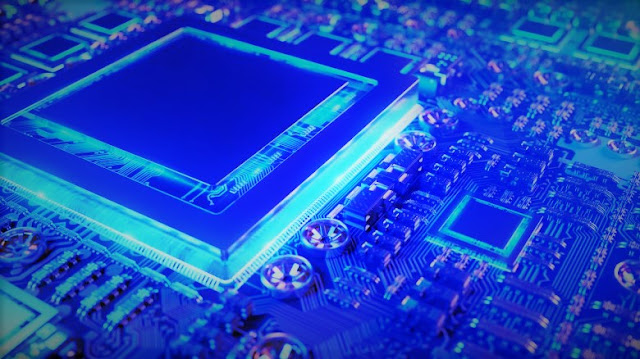In little more than a decade, AI has emerged as one of the most disruptive technologies of our times-machines can now learn from big data, and thereby enable computers to perform tasks that hitherto have been the exclusive domain of humans. From furthering scientific research to solving sustainability issues worldwide, the possibilities seem endless with AI. However, the UN is sounding the alarm over the risk this technology will pose, especially in potentially creating a wide disparity gap between various parts of the world if left unmanaged.
A Double-Edged Sword
The UN speaks to the tremendous promise of AI in its recent report entitled Governing AI for Humanity. It points out that AI is actually enabling progress in scientific discovery, medicine, and sustainability much faster than ever imagined. Basically, the AI-driven systems do help analyze climate data, enhance resource management, and help achieve the UN Sustainable Development Goals.
In this way, AI is positioned as a driving component in solving some of the current world problems, from eradicating poverty to mitigating climate change.
The UN, however, warns that minus a global strategy that oversees and regulates AI, the technology could exacerbate inequalities. Wealthy nations and corporations that have resources to develop and deploy AI on a large scale will have the monopoly of benefits accruing from the technology, while underdeveloped regions become left behind, unable to access or employ AI tools that could better their economies, health, and educational sectors.
Disinformation, Automated Weapons, and Climate Risks
The UN is also not much concerned with it, seeing how AI will cause an economic imbalance. Besides that, there's a different warning of the dark side of its capabilities, with the possibility that it could spread disinformation, fuel conflict, and exacerbate climate change.
Unfortunately, AI can be a game-changing device in manipulating algorithms to generate and amplify disinformation on social media, directly swaying public opinions and undermining societies. Considering the already alarming prevalence of fake news and misinformation online, this prospect is definitely distressing. If it fell into the wrong hands, this might be used to disrupt democratic processes and human trust within a society, leading to further fragmentation.
Another alarming aspect of AI development is that, within the process of automating weapons, it emerges as a global security concern. Employing autonomous flying drones and other AI-powered weapons systems primarily opens up ethical concerns about warfare, but also the possibility of unintended consequences arising in conflict zones.
Moreover, large-scale AI systems demand great energy for operation and in turn pose an imminent environmental threat. Their training requires huge computational resources that most of the time lead to increased carbon emissions. Now, if not managed properly, the tool expected to fight against climate change would be further accelerating the process-a Catch-22 problem that the global community needs to solve extremely urgently.
The Imperative for a Global AI Strategy
With full realization that AI is capable of solving and creating problems, the UN, therefore, entreats international cooperation in the governance of the making and deployment of AI technologies. What is being demanded is a holistic global approach to ensure benefits accruing from AI are shared equitably and the risks mitigated. This ranges from setting ethical standards and developing transparent regulatory frameworks to fostering cooperation among nations to bridge the digital divide. There is little question that AI holds much promise, but all things considered, its perils are real. In the assessment from the UN, only through a joined approach globally can humans make certain that AI proves to be a tool for placements of progress for one and for all, rather than a driver of inequality.
-----------
Author: Trevor Kingsley
Tech News CITY // New York Newsroom






